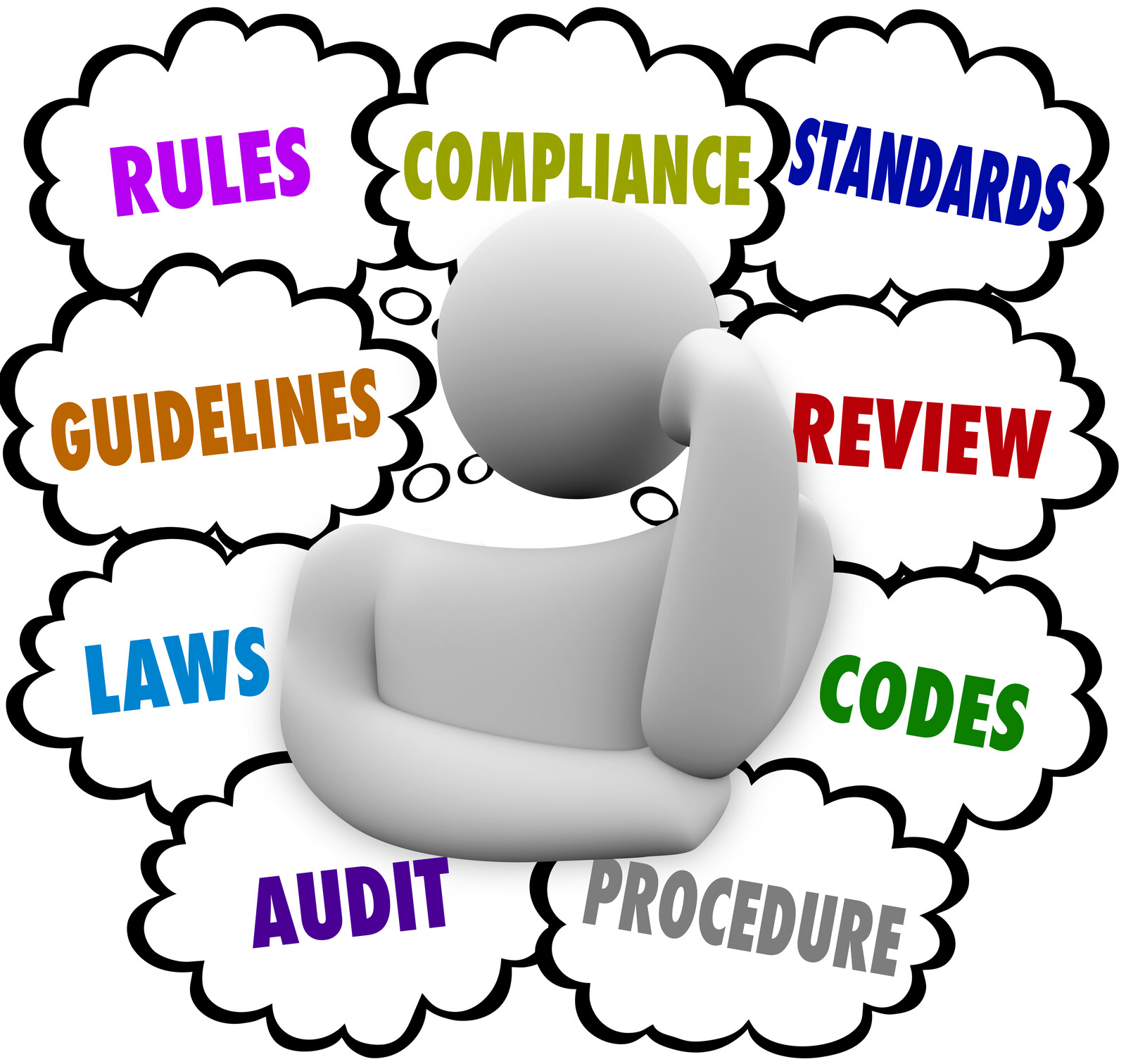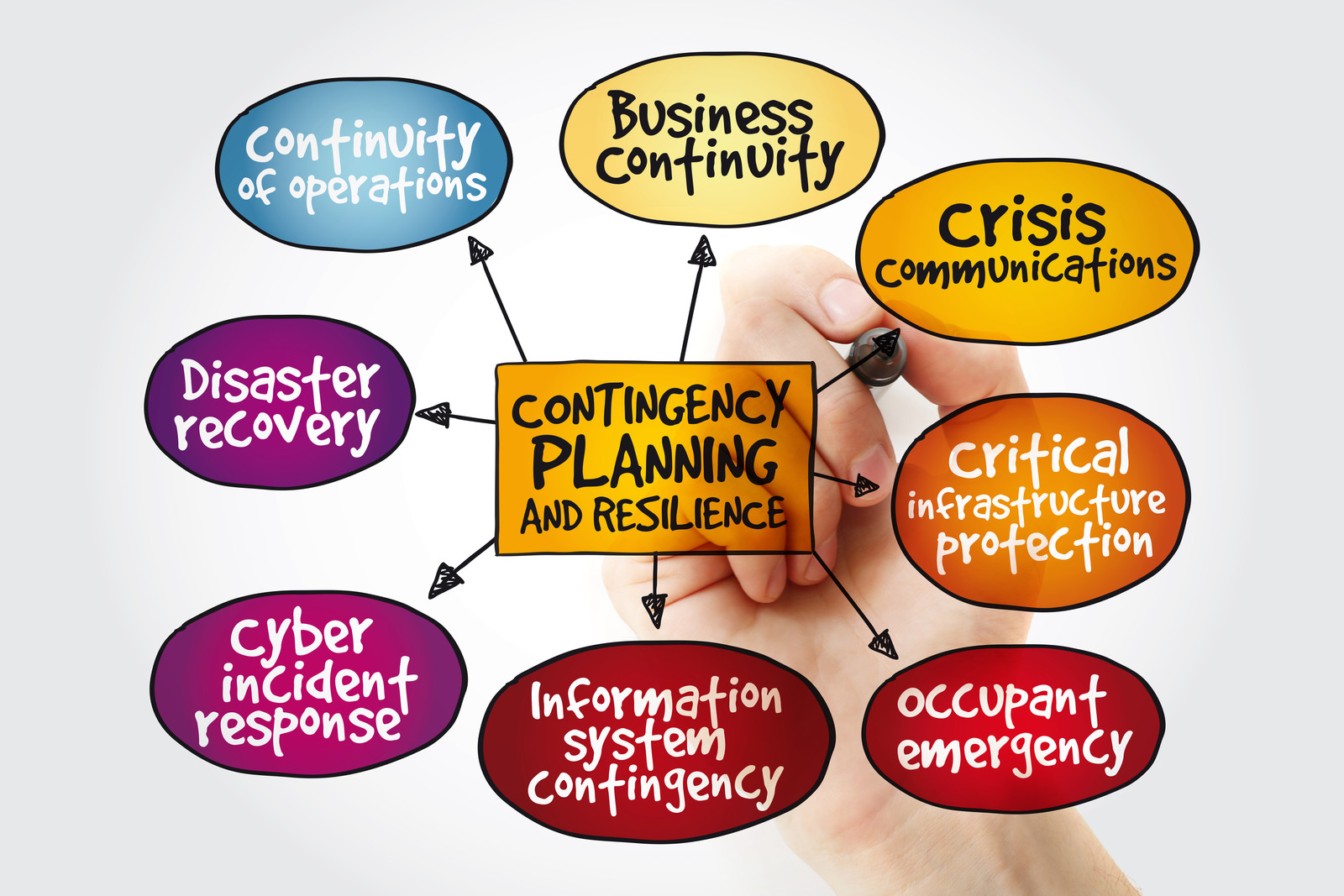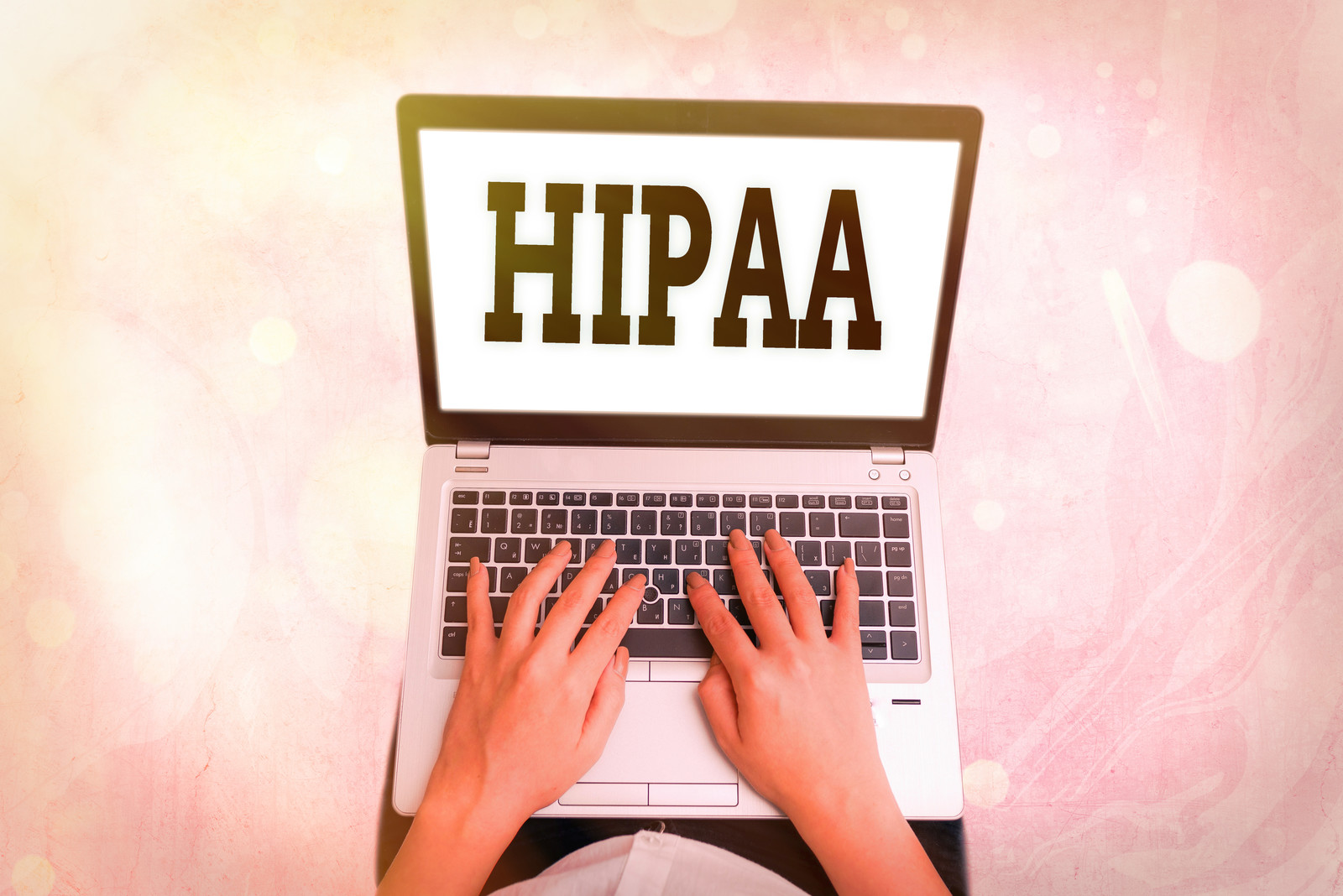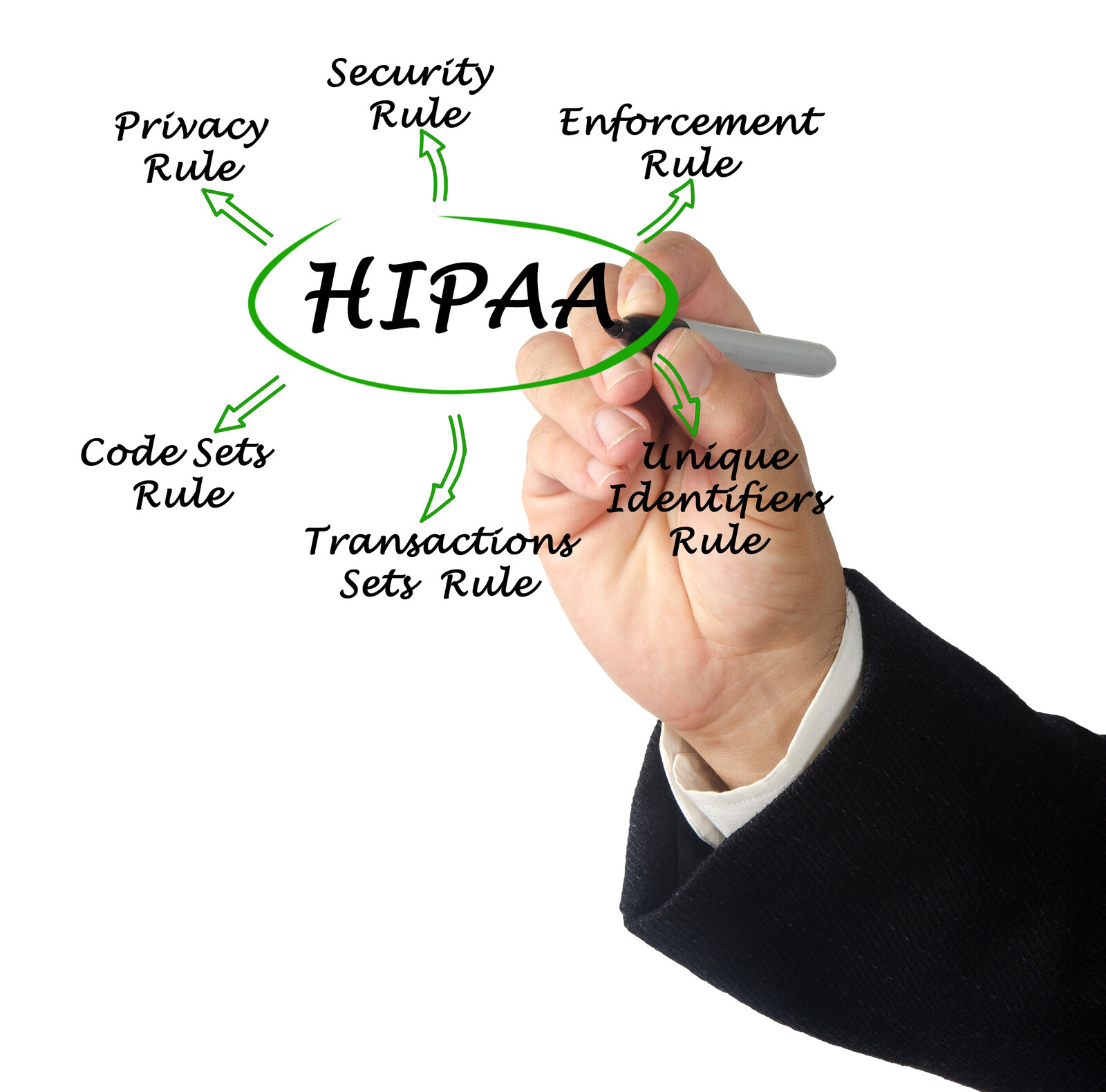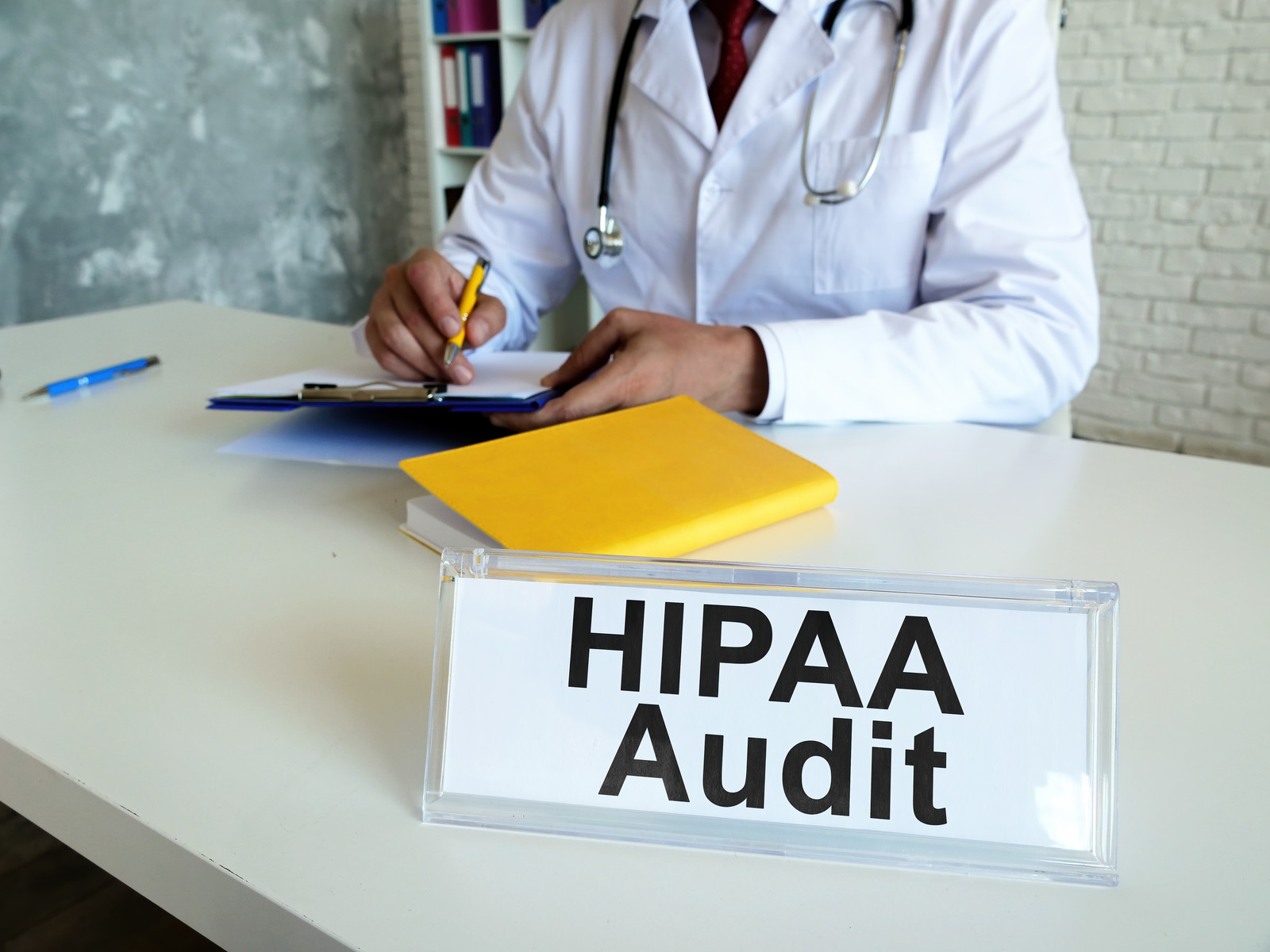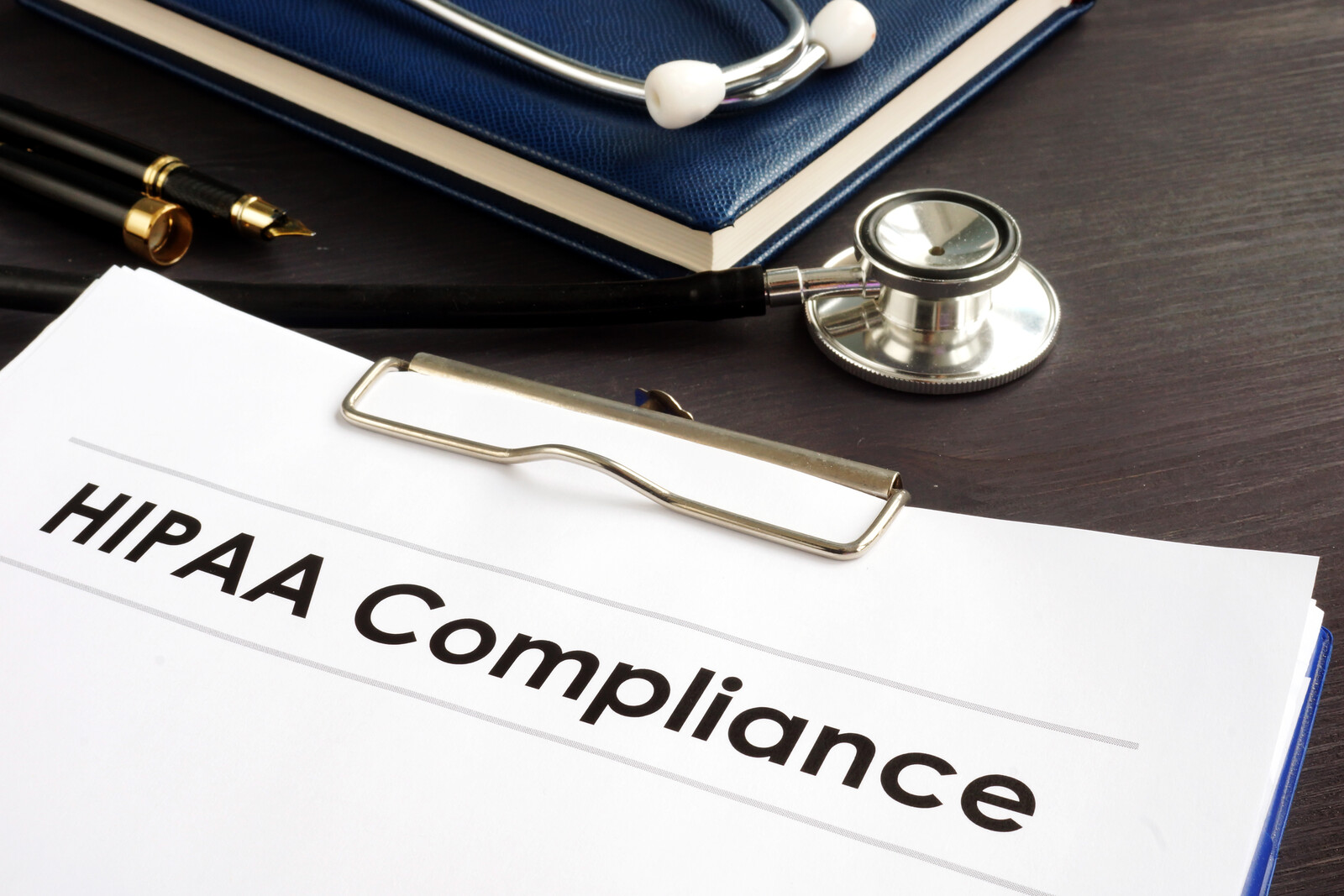The OCR released their Summer 2021 Cybersecurity Newsletter and it stated that a recent report of security incidents and data breaches were committed 61% by external actors and 39% by insiders. During COVID last year, systems that monitor audit logs found that internal snooping was up by 90%. Controlling access to ePHI protects your patient’s information and protects the practice from HIPAA violations.
The Information Access Management 45 CFR § 164.308(a)(4)(i) and Access Control 45 CFR § 164.312(a)(1) are two of the HIPAA Security Rule standards that cover access to ePHI.
We will discuss Information Access Management under the Administrative Safeguards first. This standard requires covered entities and business associates to implement policies and procedures that outline how covered entities and business associates authorize or grant access to ePHI within their organization. This may include controlling access to ePHI in information systems, authorized, and granted, who is responsible for authorizing access requests, and the requirements for granting access. These policies typically cover workforce roles that may be granted access to particular systems, applications, and/or data. It is important to point out that access must be based on job function or business necessity. Since this is an Addressable standard, if a particular implementation specification is not reasonable and appropriate, entities must document why, and implement equivalent alternative measures if reasonable and appropriate.
Access Establishment and Modification 45 CFR § 164.308(a)(4)(ii)(C) policies describe how to establish, document, review, and modify a user’s access to workstations, transactions, programs, or processes. For example, a workforce member being promoted or given some change in responsibility may require increased access to certain systems and decreased access to others. Another example is that a covered organization could change its system access requirements to permit remote access to systems containing ePHI during a pandemic. Policies and procedures should cover situations such as these to ensure that each workforce member’s access continues to be appropriate for their role.
Access Control under the Technical safeguards is a required standard for covered entities and business associates to implement access controls for electronic information systems to allow access to ePHI only to those approved in accordance with the organization’s Information Access Management process. The flexible, scalable, and technology-neutral nature of the Security Rule permits organizations to consider various access control mechanisms to prevent unauthorized access to ePHI. Such access controls could include role-based access, user-based access, attribute-based access, or any other access control mechanisms the organization deems appropriate. This means, what may be acceptable for one organization may not be suitable for another. Access controls need not be limited to computer systems. Firewalls, network segmentation, and network access control (NAC) solutions can also be effective means of limiting access to electronic information systems containing ePHI. Properly implemented, network-based solutions can limit the ability of a hacker to gain access to an organization’s network or impede the ability of a hacker already in the network from accessing other information systems – especially systems containing sensitive data.
The Access Control standard includes Unique User Identification 45 CFR § 164.312(a)(2)(i) which is a required implementation specification and is a key security requirement for any system. While the use of shared or generic usernames and passwords may seem to provide some short-term convenience, it severely degrades the integrity of a system because it removes accountability from individual users and makes it much easier for the system to become compromised. If information is improperly entered, altered, or deleted, whether intentionally or not, it can be very difficult to identify the person responsible (e.g., for training or sanctions) or determine which users may have been the victim of a phishing attack that introduced ransomware into the organization. Additionally, because shared usernames and passwords can become widely known, it may be difficult to know whether the person responsible was an authorized user. A former employee or contractor, a current employee not authorized for access, a friend or family member of an employee, or an outside hacker could be a source of unauthorized access. The inability to identify and track a user’s identity due to the use of shared user IDs can also impede necessary investigations when the shared user ID is used for unauthorized or even criminal activity. For example, a malicious insider could take advantage of known shared user IDs to hide their activities when collecting personal medical and financial information to use for identity theft. In such as case, an organization’s implemented audit controls would document the actions of the shared user ID, thus potentially limiting the organization’s ability to properly identify and track the malicious insider.
The second implementation specification, Emergency Access Procedure 45 CFR § 164.312(a)(2)(ii) is also a required implementation specification. This implementation specification is applicable in situations in which normal procedures for obtaining ePHI may not be available or may be severely limited, such as during power failures or the loss of Internet connectivity. Access controls are still necessary during an emergency, but may be very different from normal operations. For example, due to the recent COVID-19 public health emergency, many organizations quickly implemented mass telehealth policies. How workforce members can securely access ePHI during periods of increased teleworking should be part of an organization’s Emergency Access Procedures. Appropriate procedures should be established beforehand for how to access needed ePHI during an emergency.
The third implementation specification, Automatic Logoff 45 CFR § 164.312(a)(2)(iii), is an addressable implementation specification. Users sometimes inadvertently leave workstations unattended for various reasons. In an emergency setting, a user may not have time to manually log out of a system. Implementing a mechanism to automatically terminate an electronic session after a period of inactivity reduces the risk of unauthorized access when a user forgets or is unable to terminate their session. Failure to implement automatic logoff not only increases the risk of unauthorized access and potential alteration or destruction of ePHI, it also impedes an organization’s ability to properly investigate such unauthorized access because it would appear to originate from an authorized user.
The final implementation specification is Encryption and Decryption 45 CFR § 164.312(a)(2)(iv), which is also an addressable implementation specification. This technical safeguard can reduce the risks and costs of unauthorized access to ePHI. For example, if a hacker gains access to unsecured ePHI on a network server or if a device containing unsecured ePHI is stolen, a breach of PHI will be presumed and reportable under the Breach Notification Rule (unless the presumption can be rebutted in accordance with the breach risk assessment. The Breach Notification Rule applies to unsecured PHI which is PHI “that is not rendered unusable, unreadable, or indecipherable to unauthorized persons through the use of a technology or methodology specified by the Secretary in the guidance issued under [the HITECH Act].” OCR’s Guidance to Render Unsecured Protected Health Information Unusable, Unreadable, or Indecipherable to Unauthorized Individuals, which provides guidance for securing PHI, states that ePHI that is “at-rest” (i.e., stored in an information system or electronic media) is considered secured if it is encrypted in a manner consistent with NIST Special Publication 800-111 (Guide to Storage Encryption Technologies for End User Devices) (SP 800-111).
EPHI encrypted in a manner consistent with SP 800-111 is not considered unsecured PHI and therefore is not subject to the Breach Notification Rule. Encrypting ePHI in this manner is an excellent example of how implementing an effective encryption solution may not only fulfill an organization’s encryption obligation under the Access Control standard, but also provides a means to leverage the Breach Notification Rule’s safe-harbor provision.
As the use of mobile computing devices (e.g., laptops, smartphones, tablets) becomes more and more pervasive, the risks to sensitive data stored on such devices also increases. Many mobile devices include encryption capabilities to protect sensitive data. Once enabled, a device’s encryption solution can protect stored sensitive data, including ePHI, from unauthorized access in the event the device is lost or stolen.
If you need assistance with HIPAA Risk Management, or guidance with your HIPAA Compliance contact us at 877.659.2467 or complete the contact us form.
“Simplifying HIPAA through Partnership, Education, and Support”




